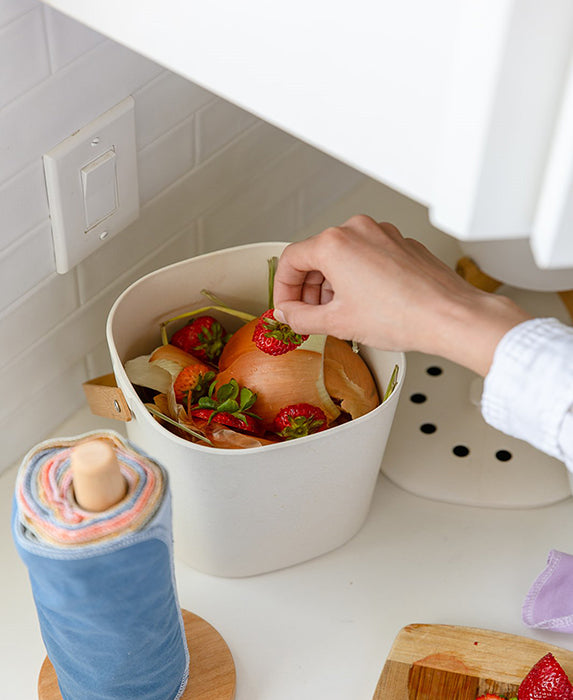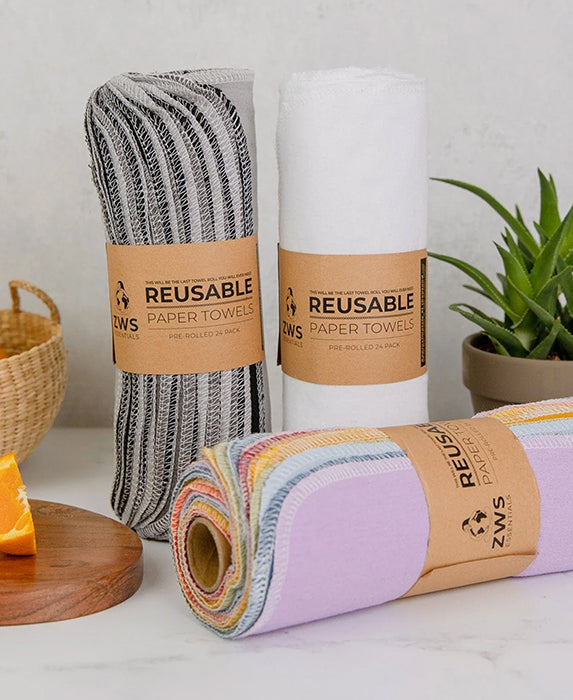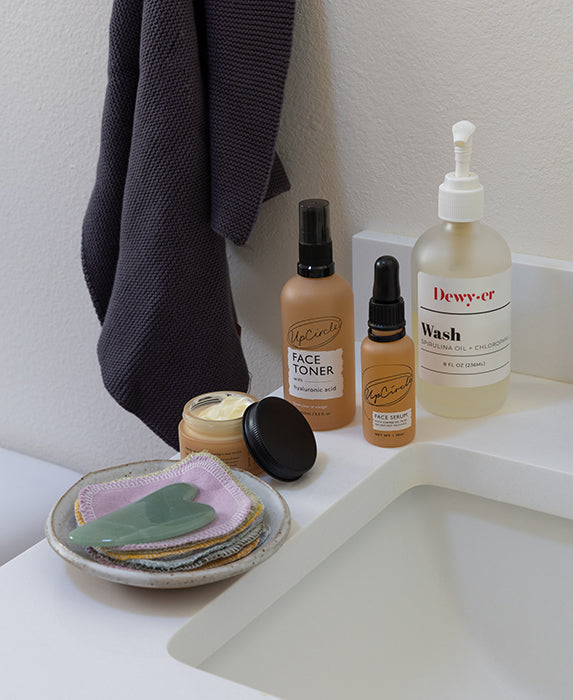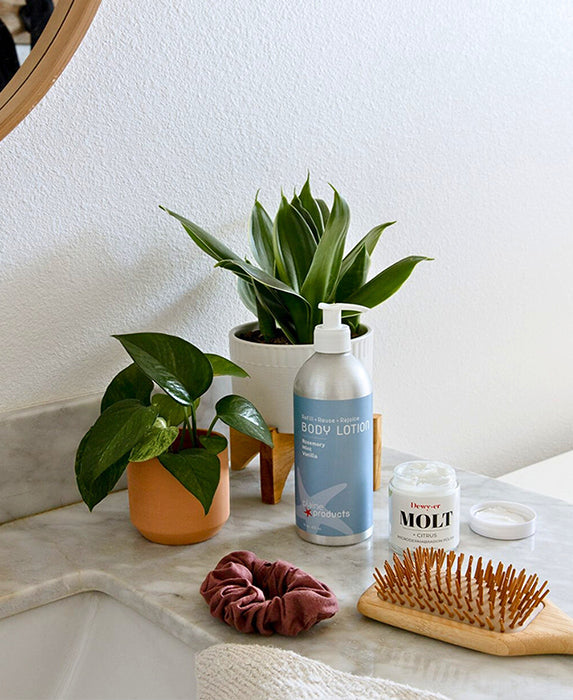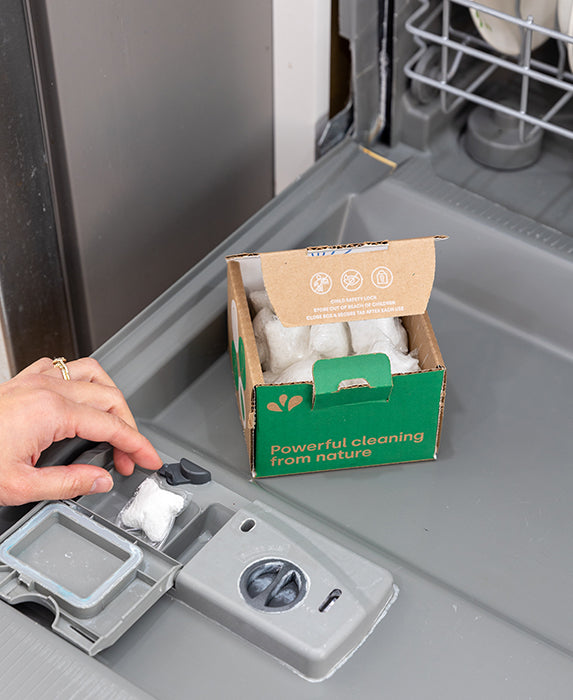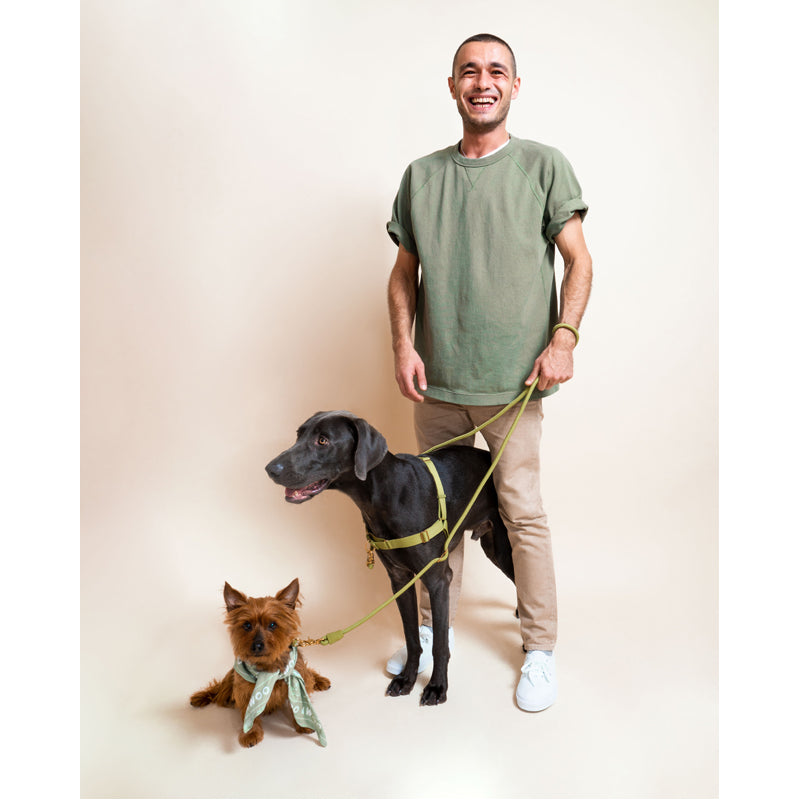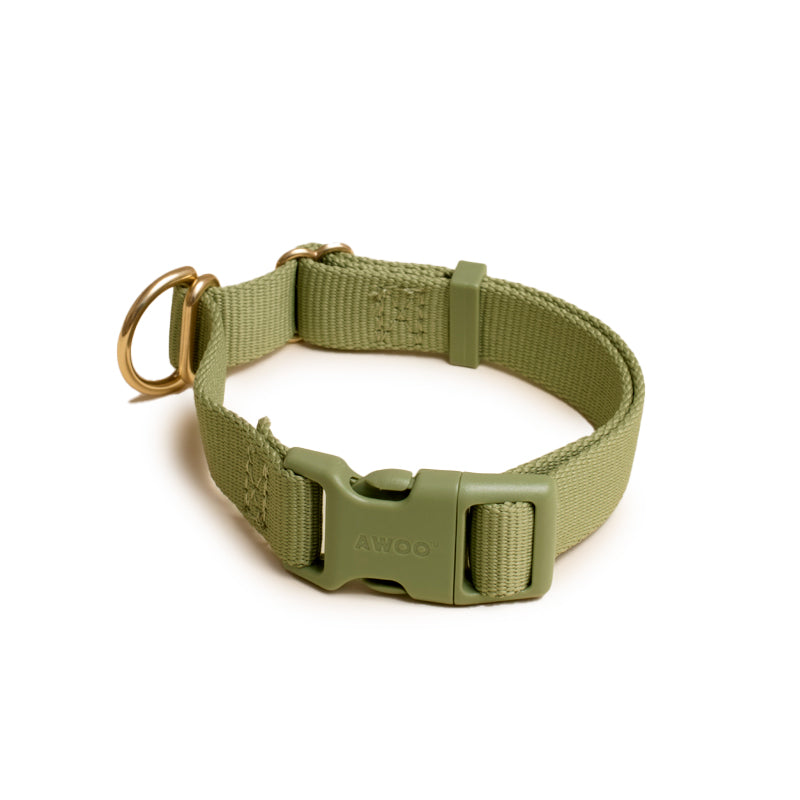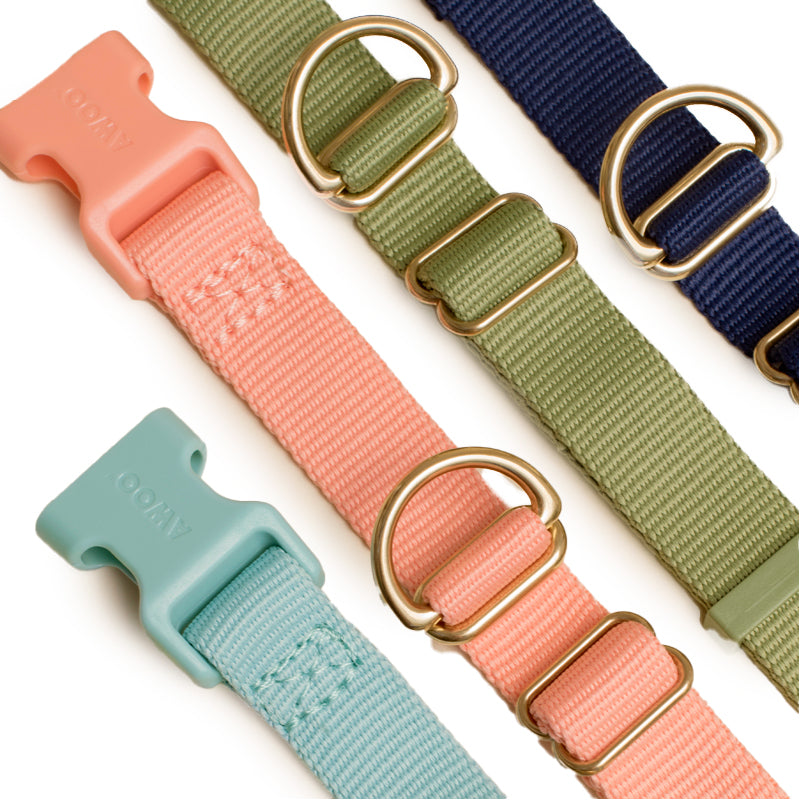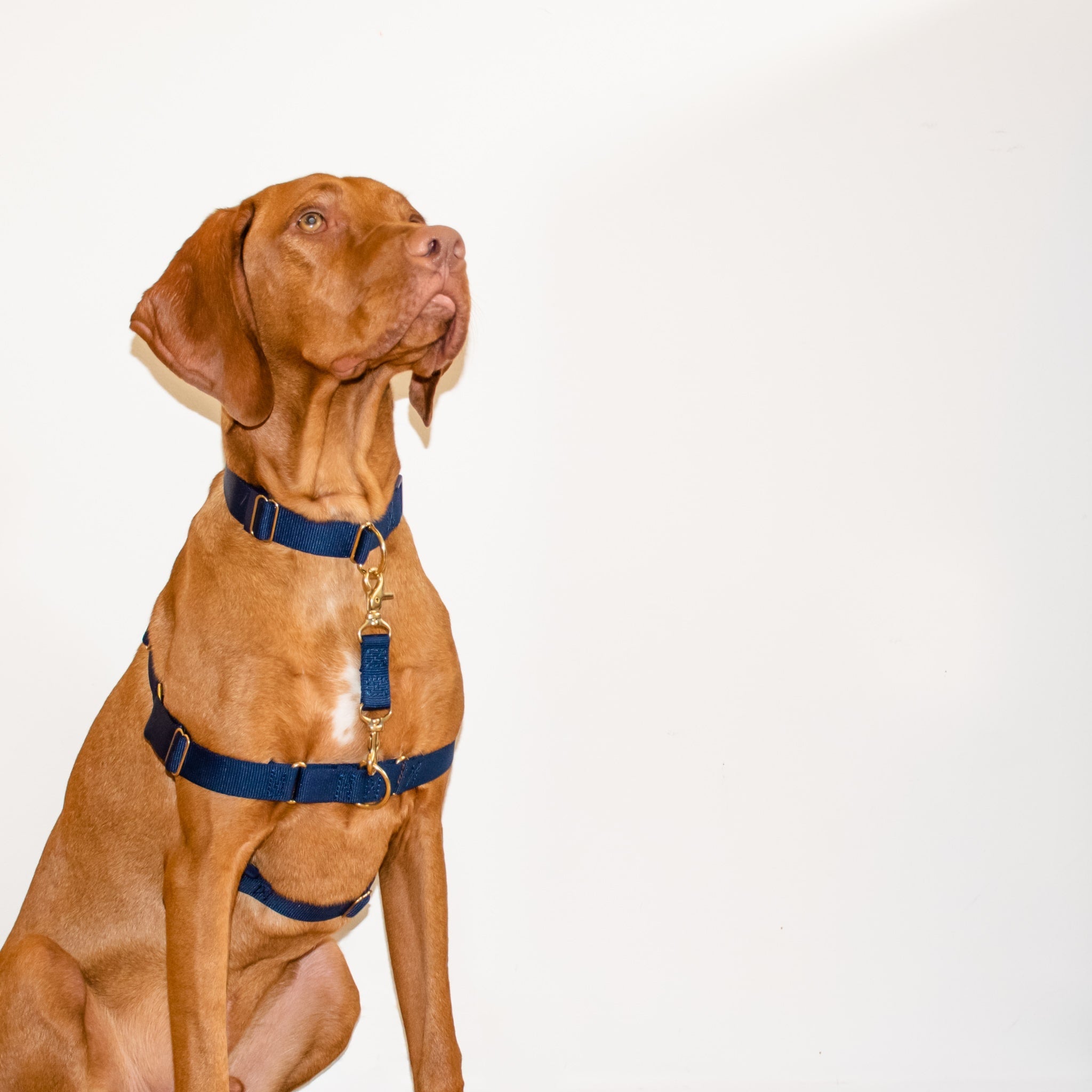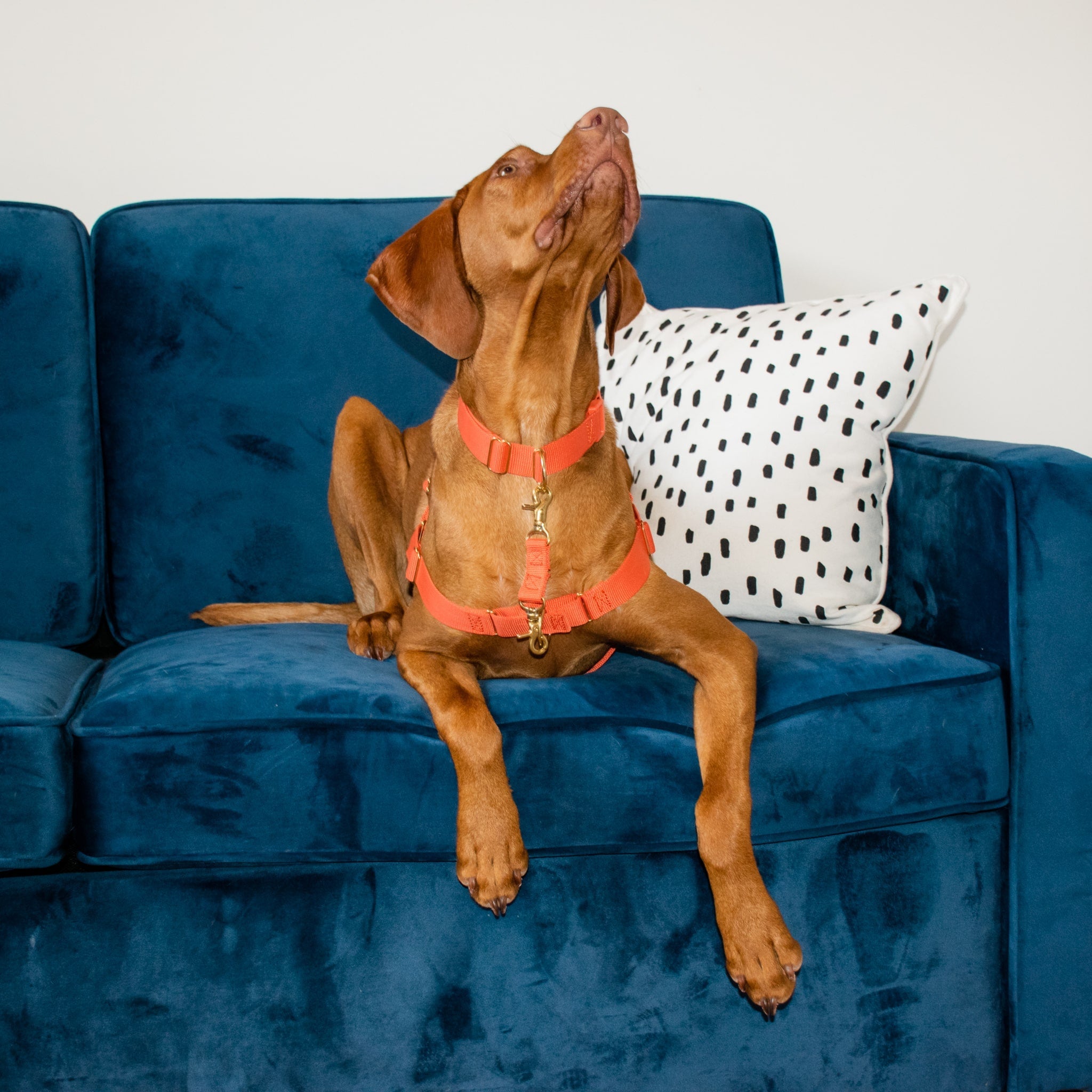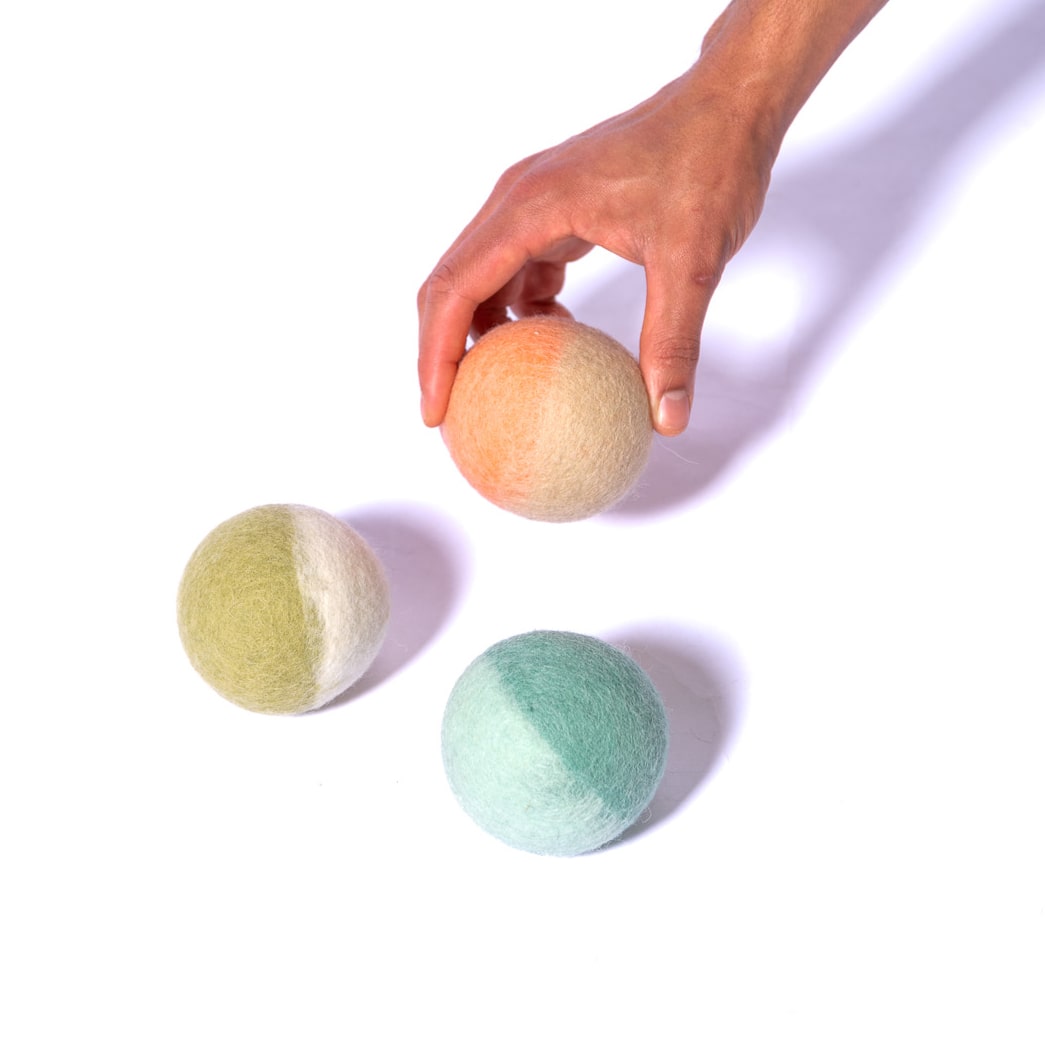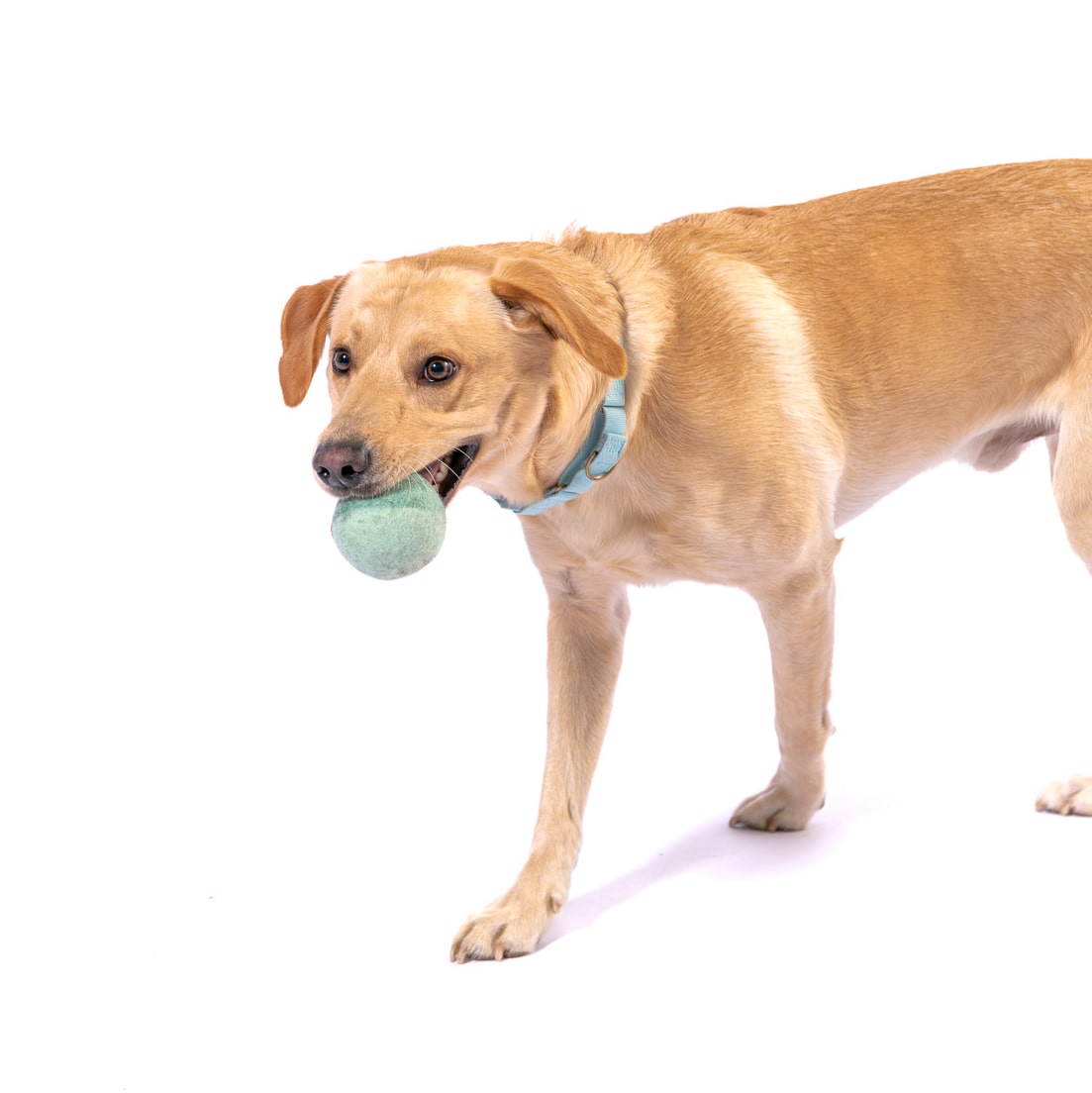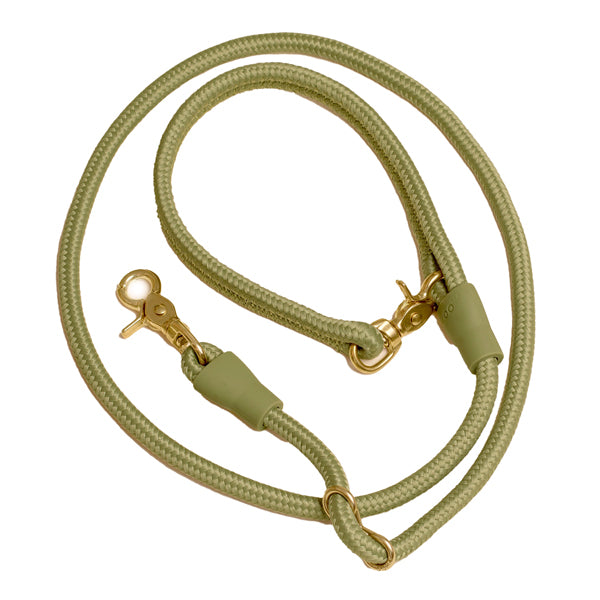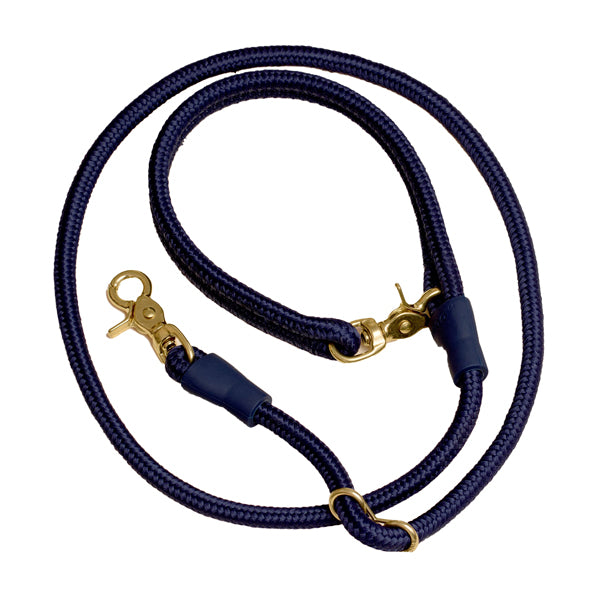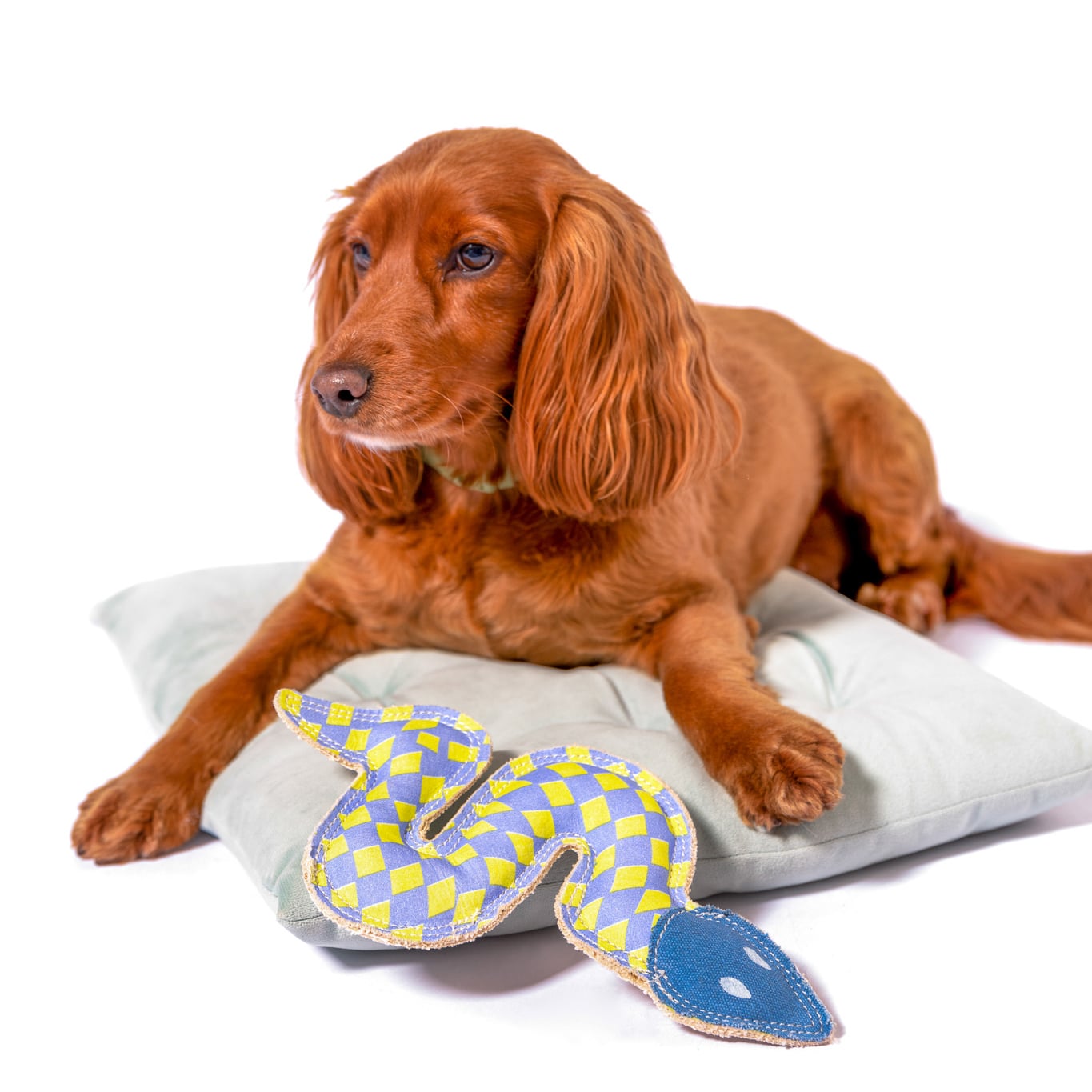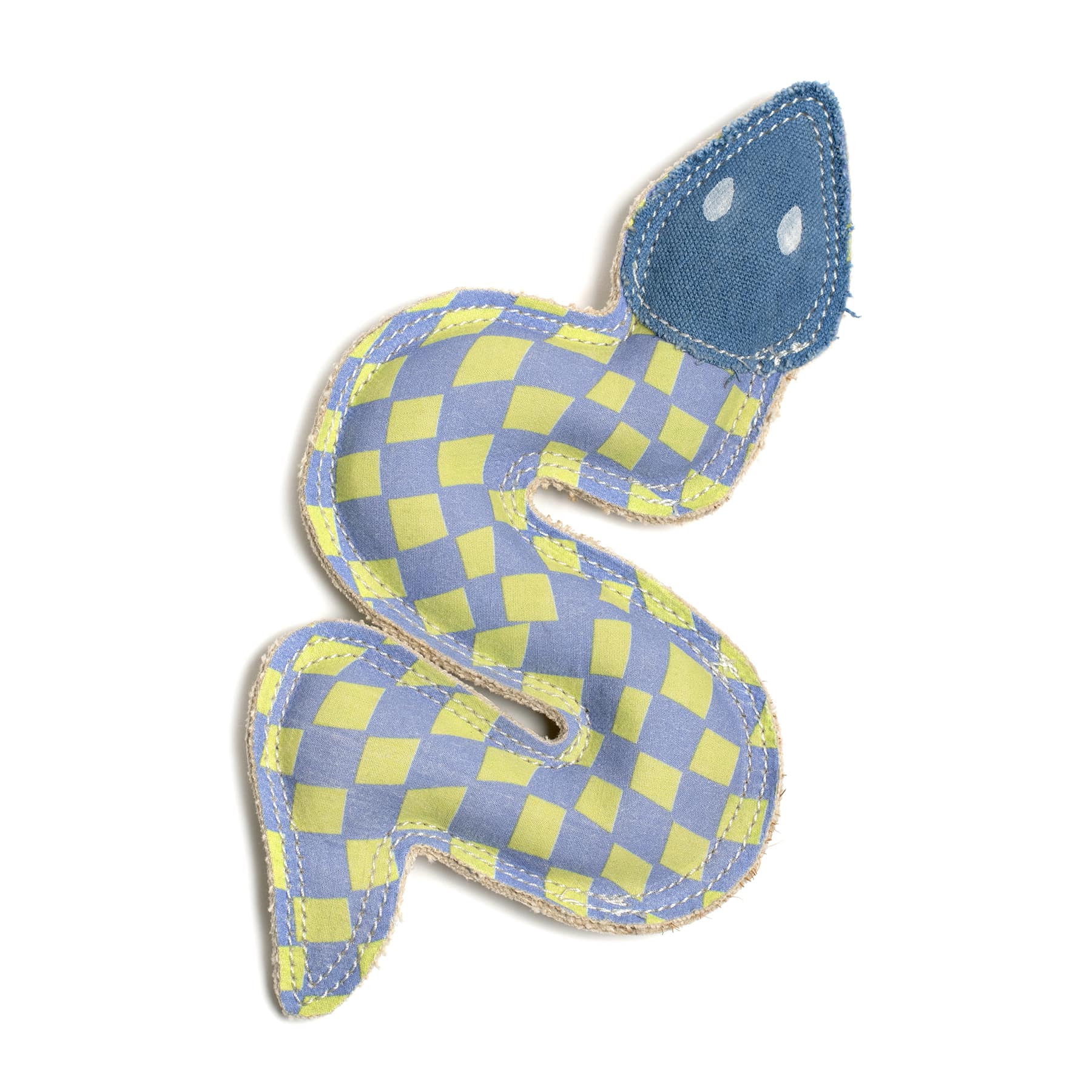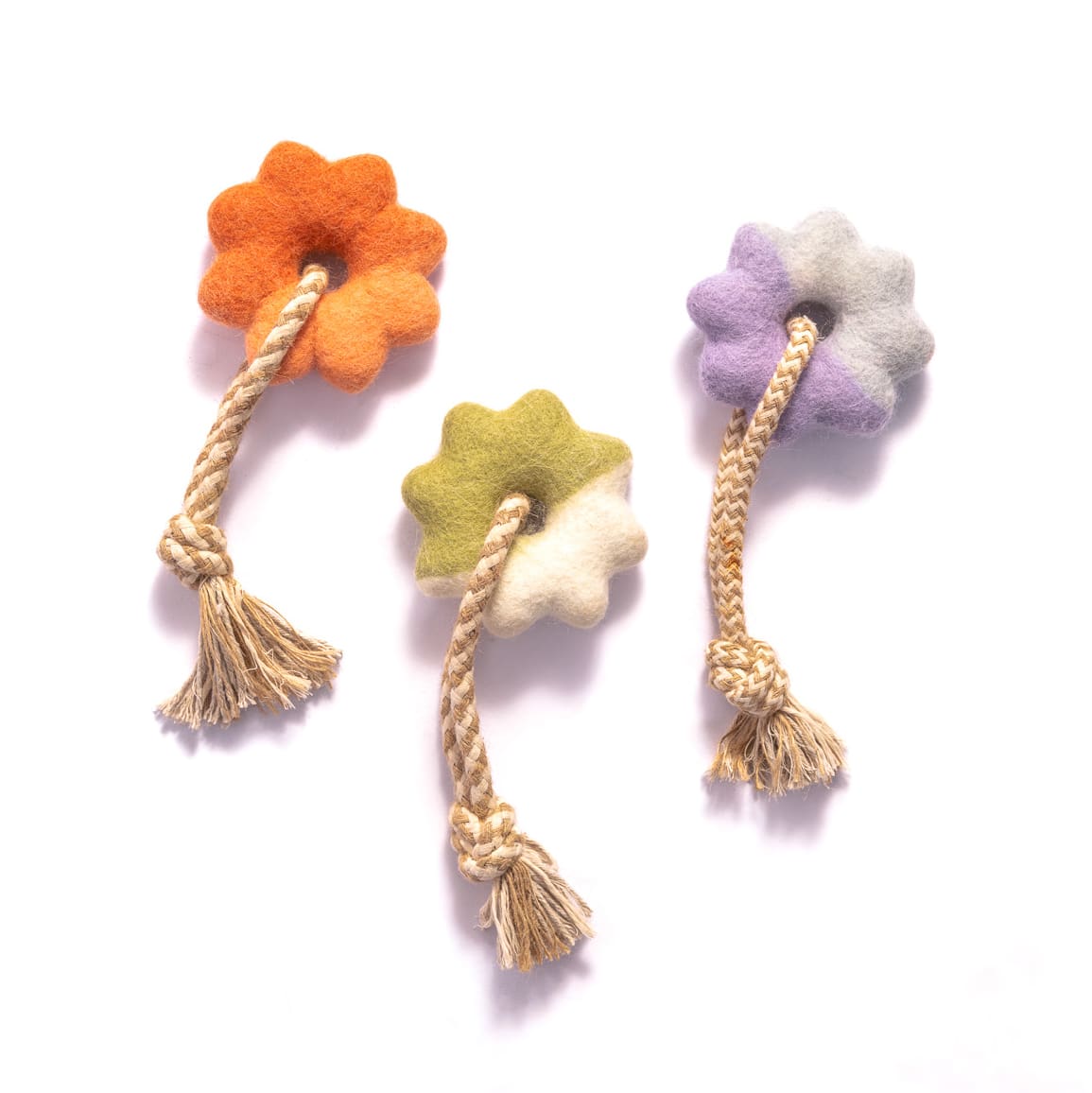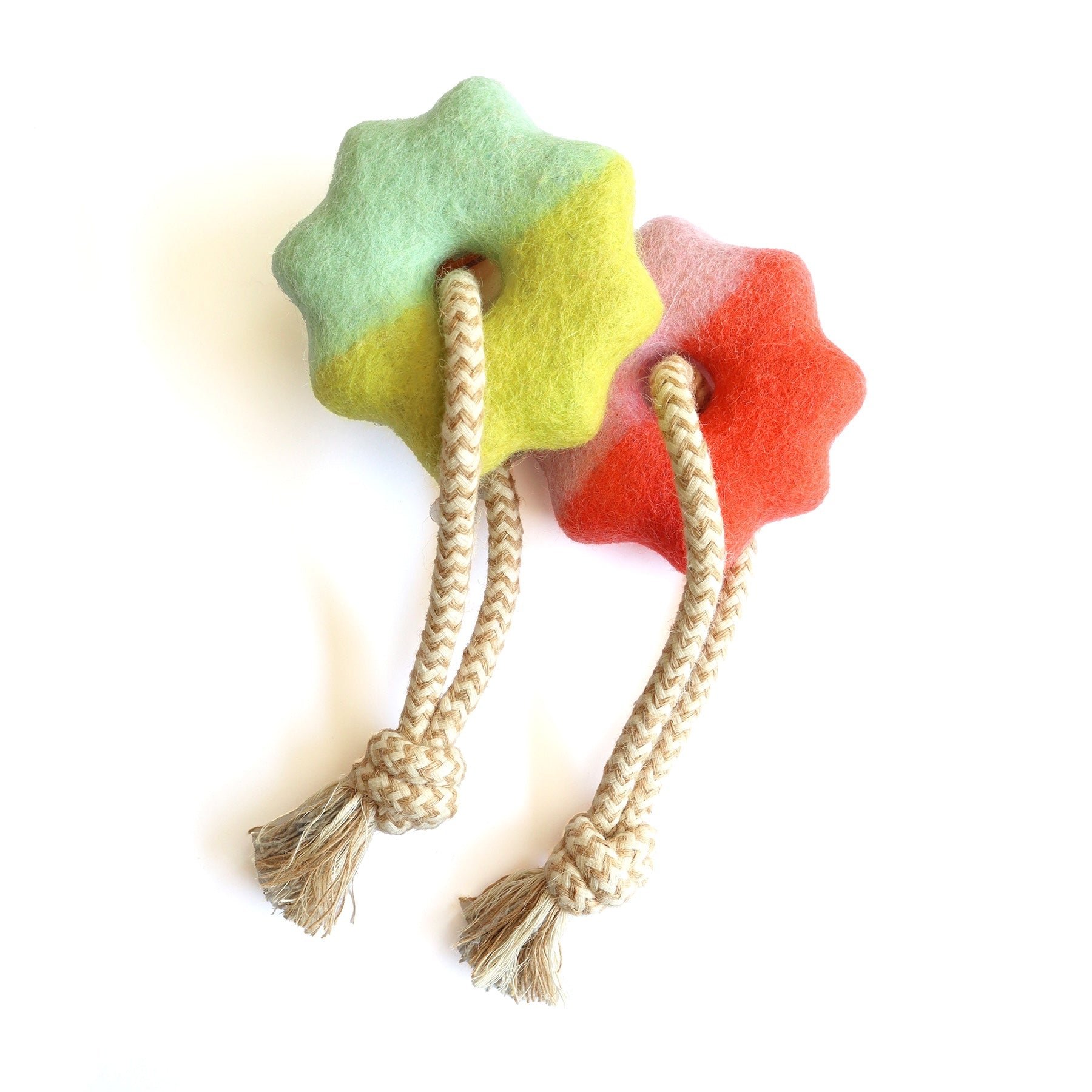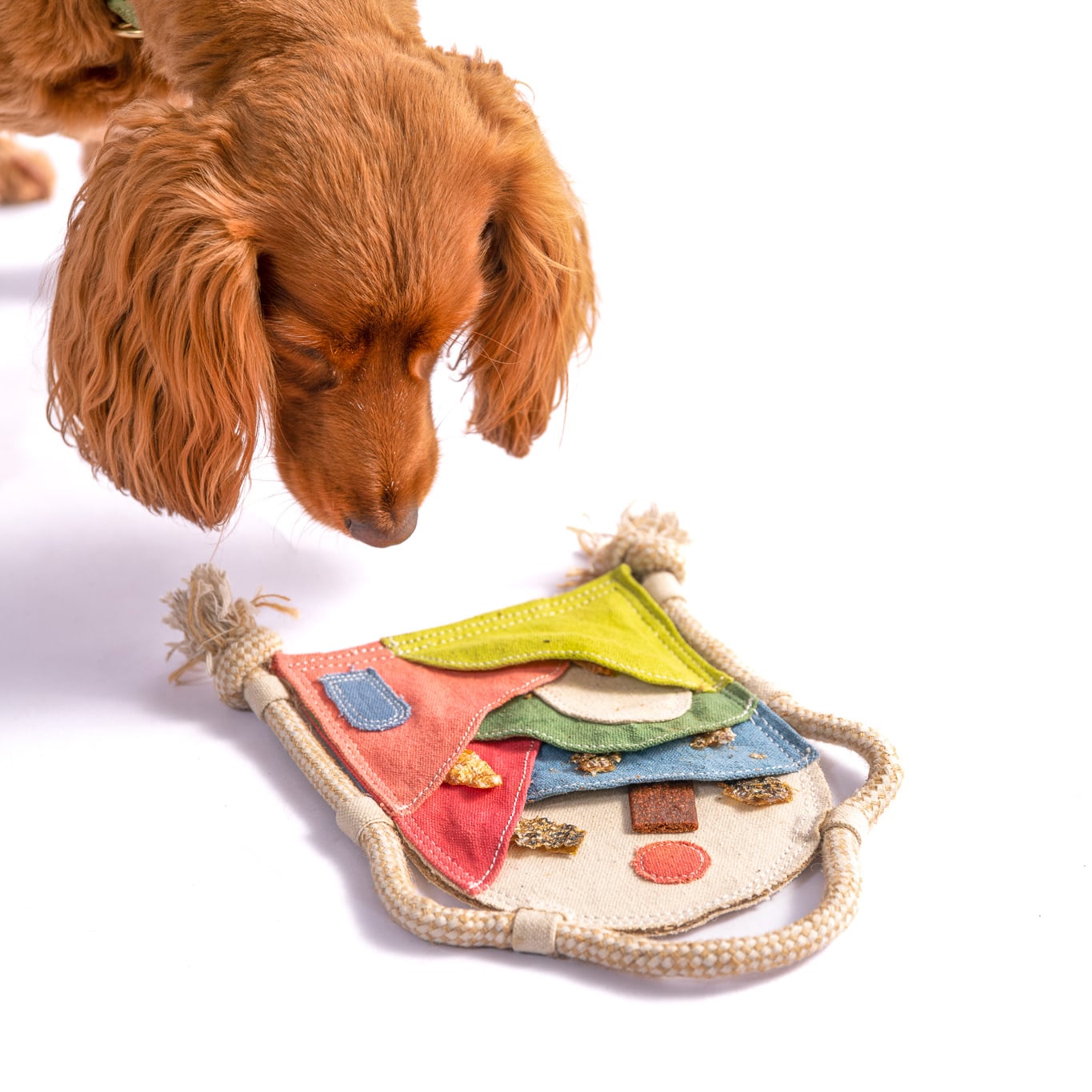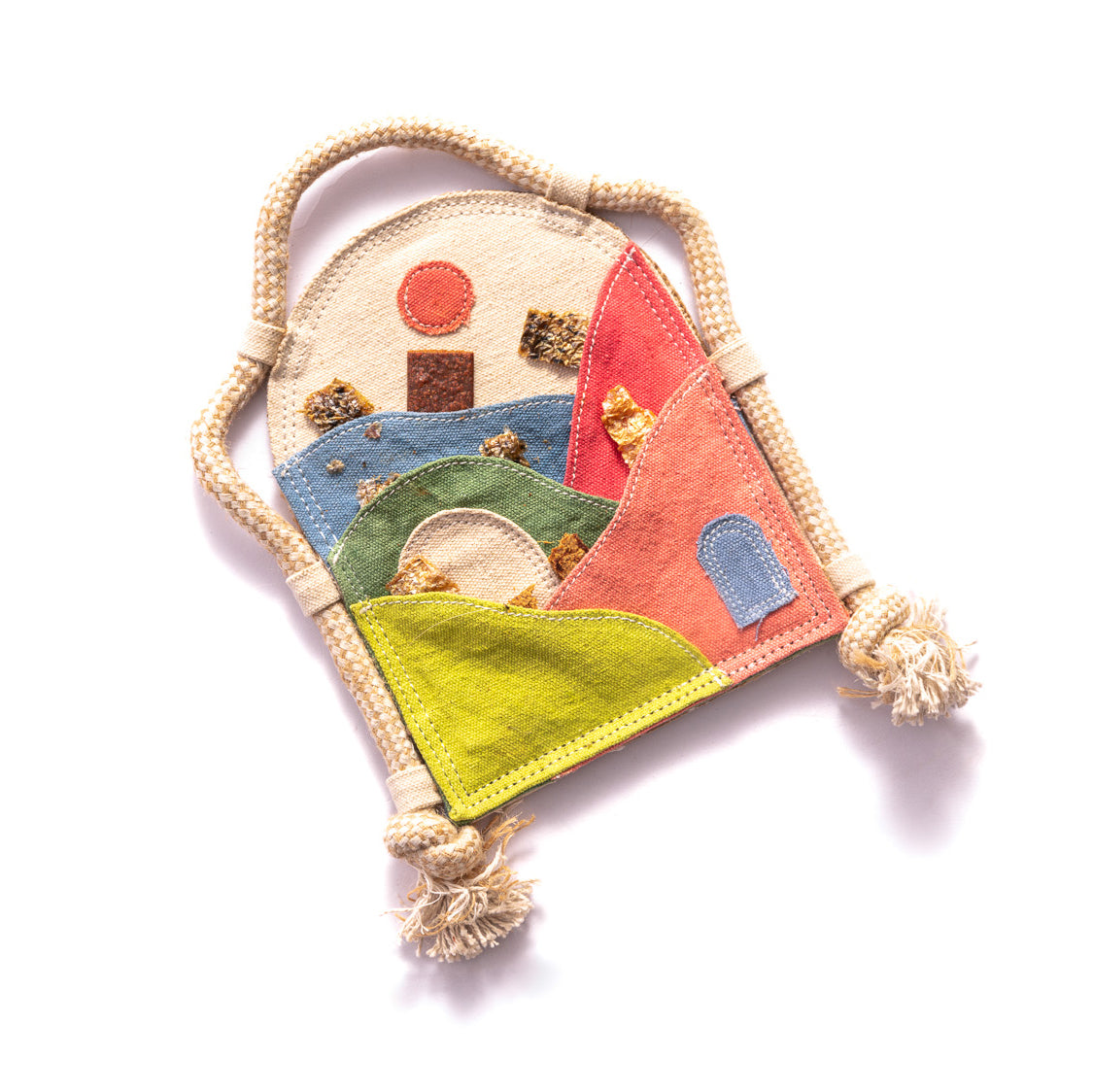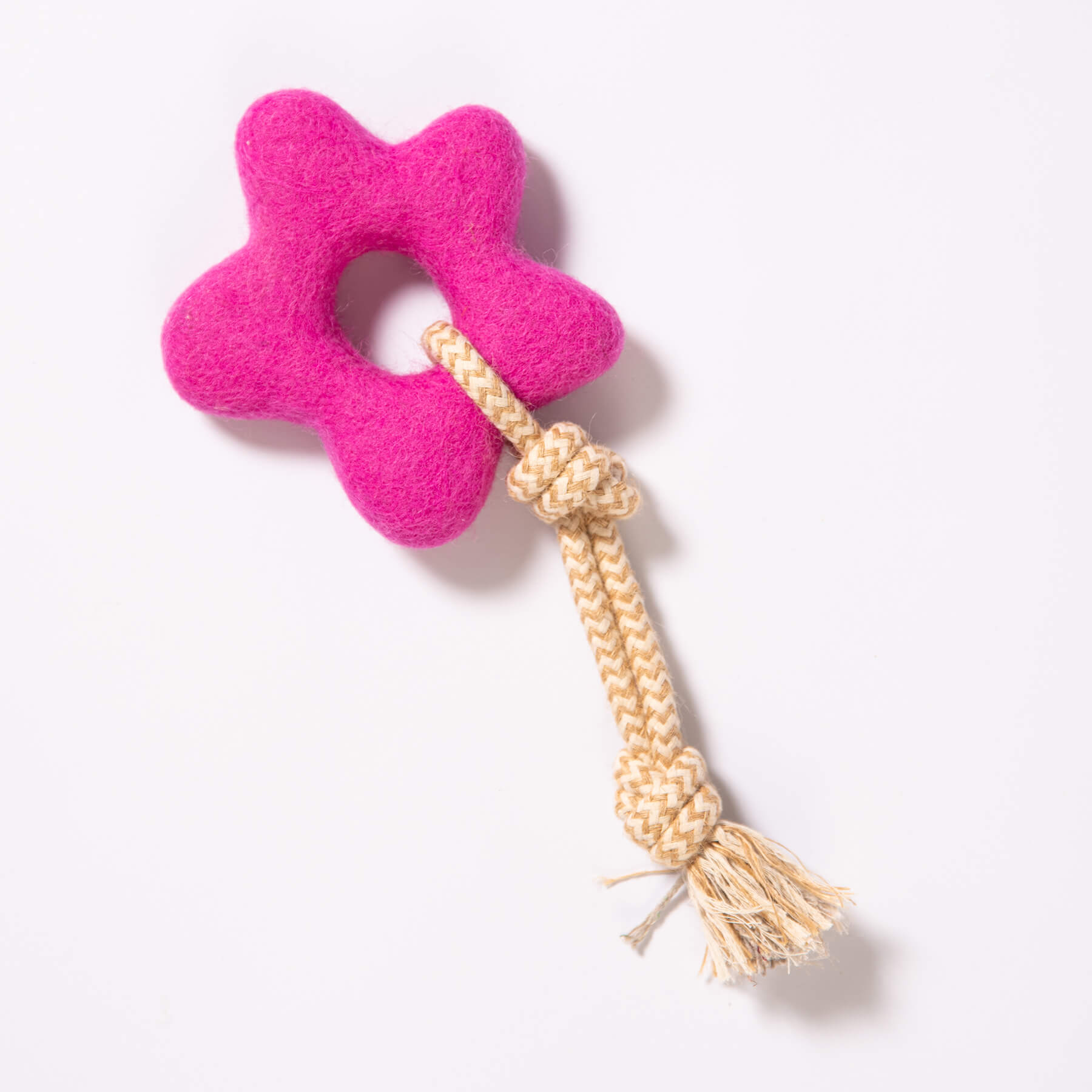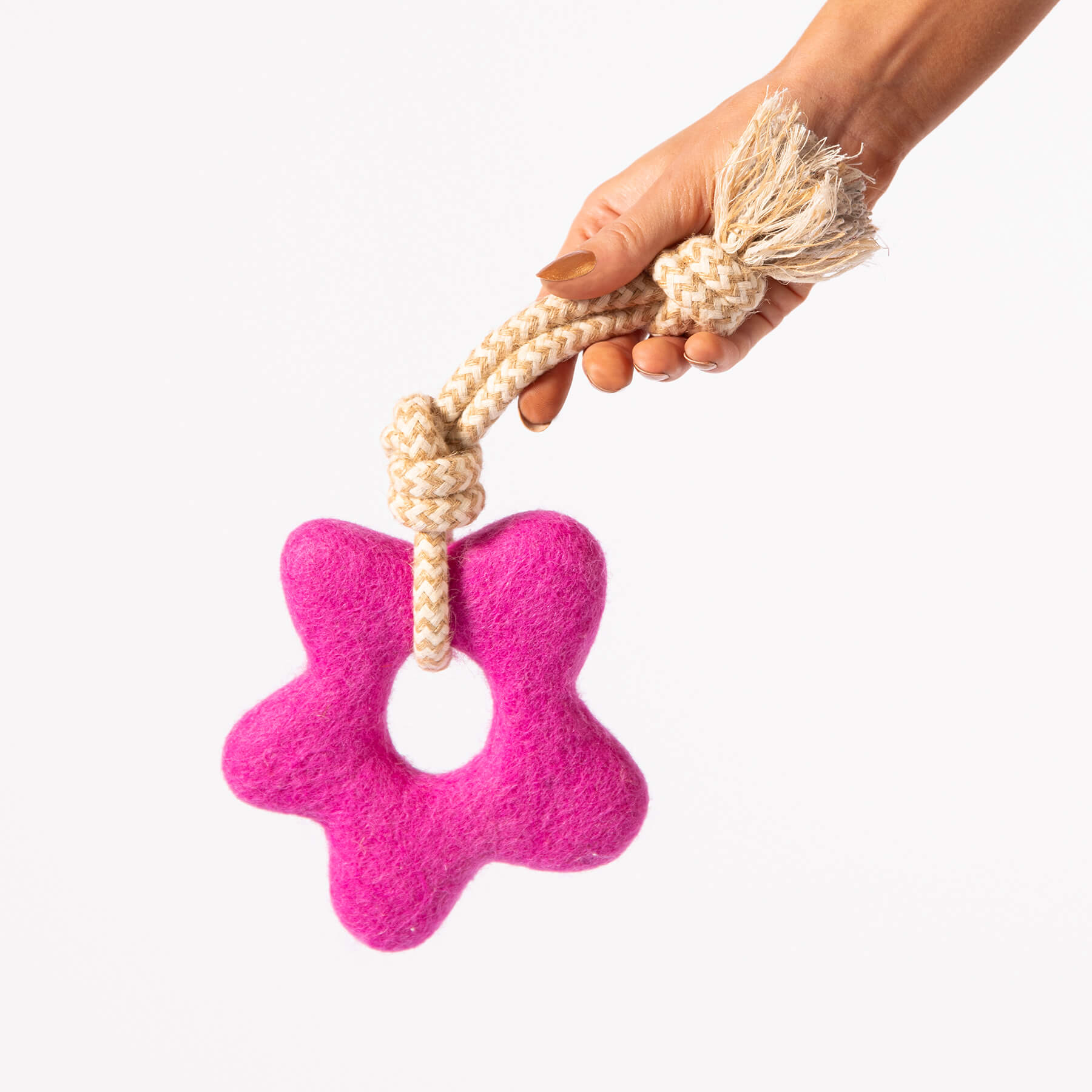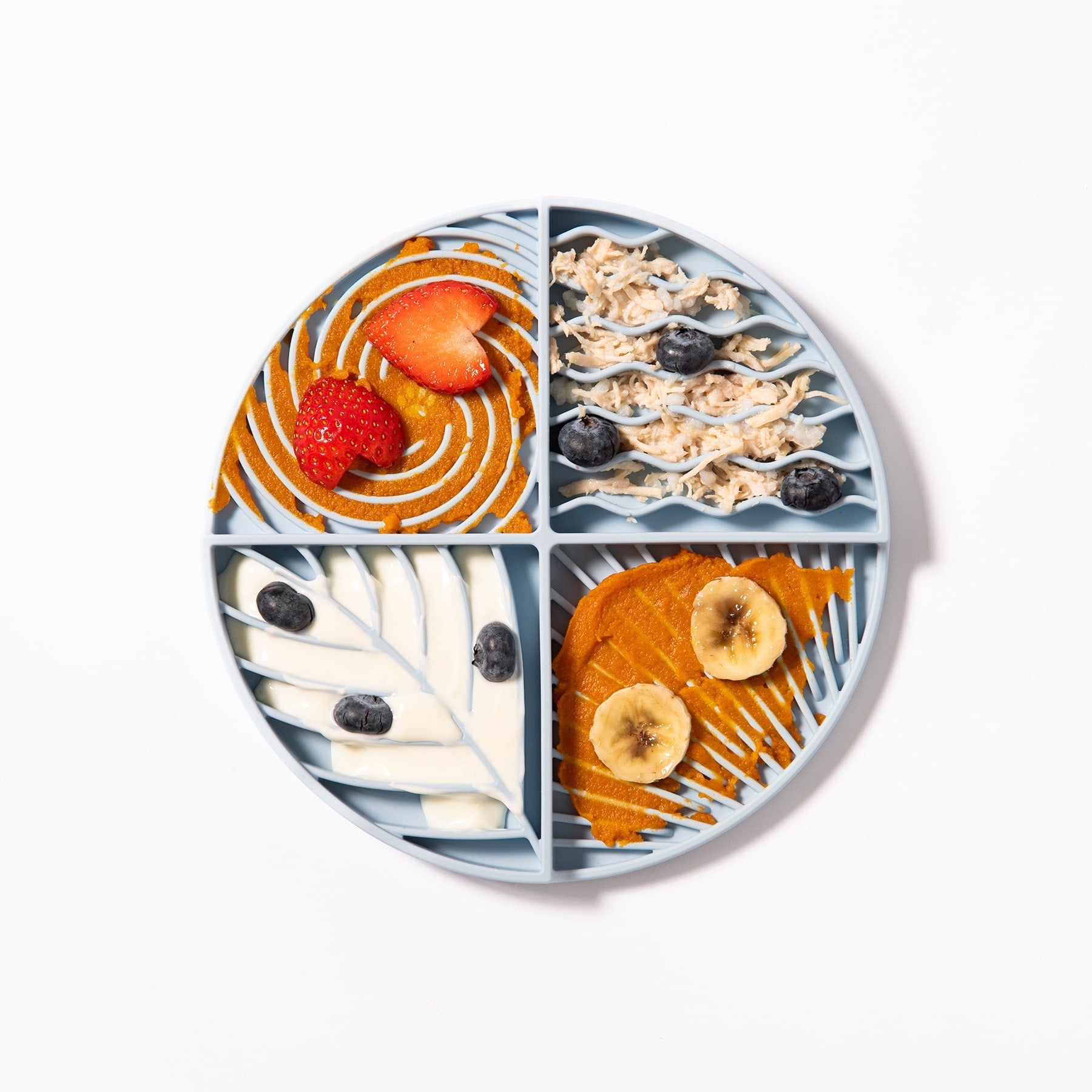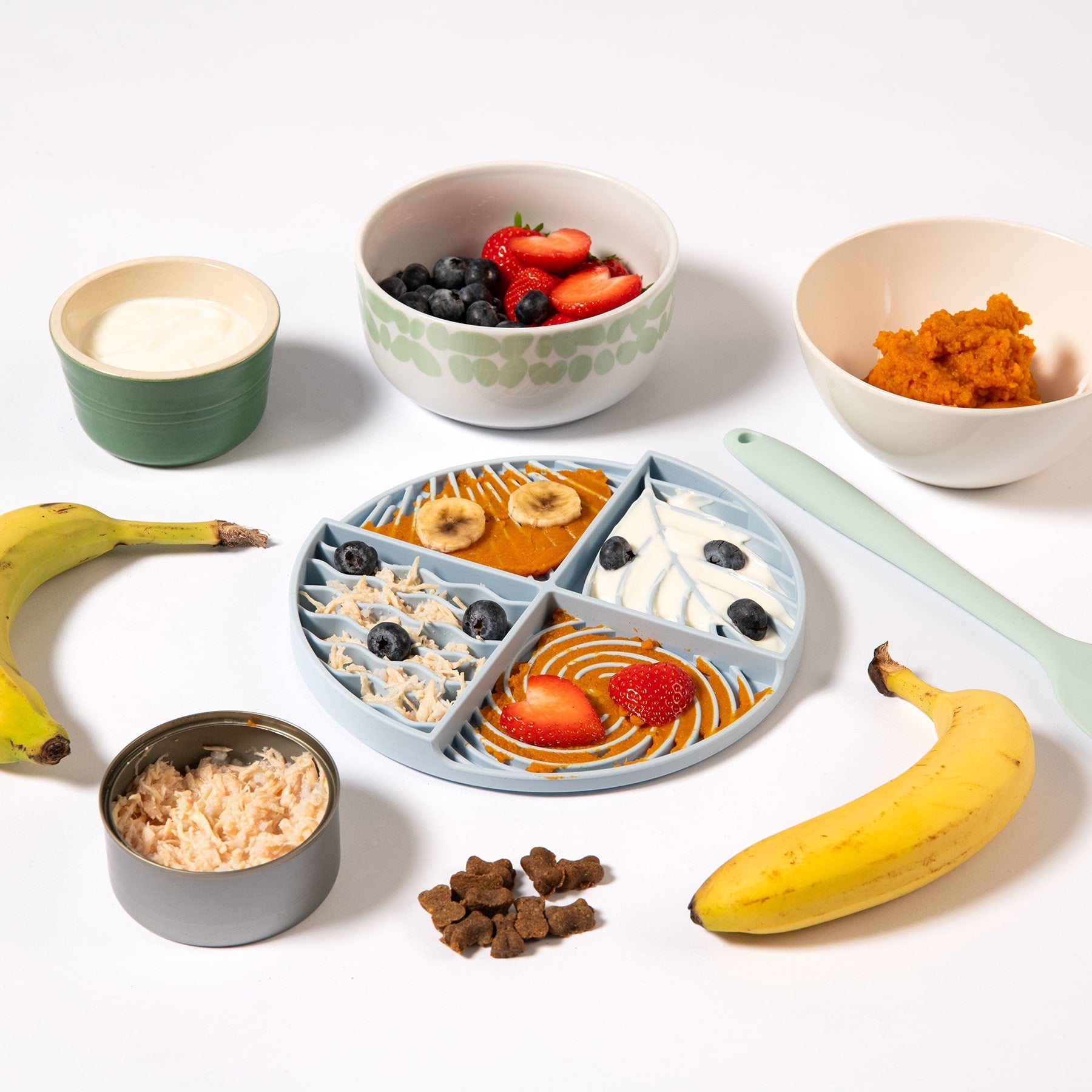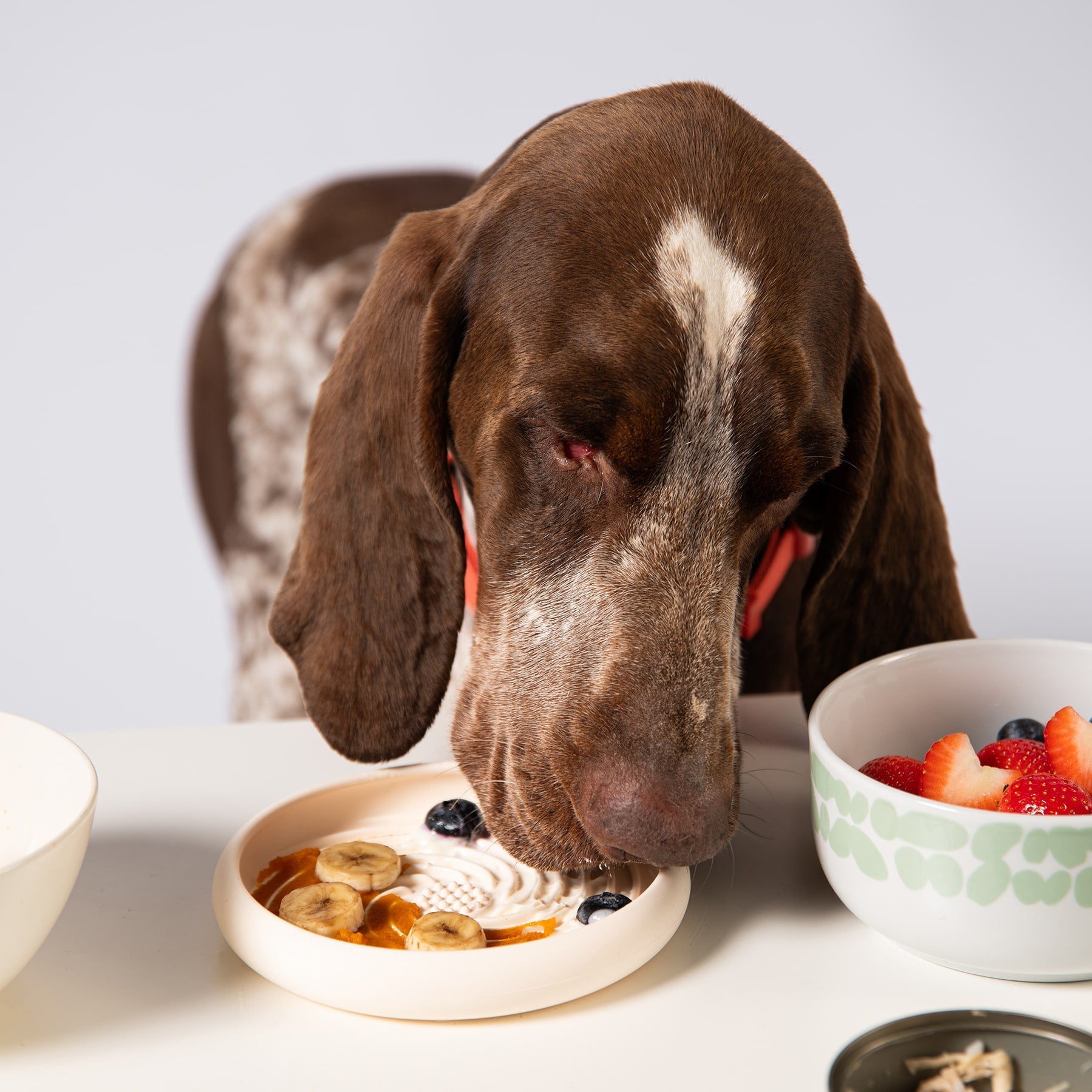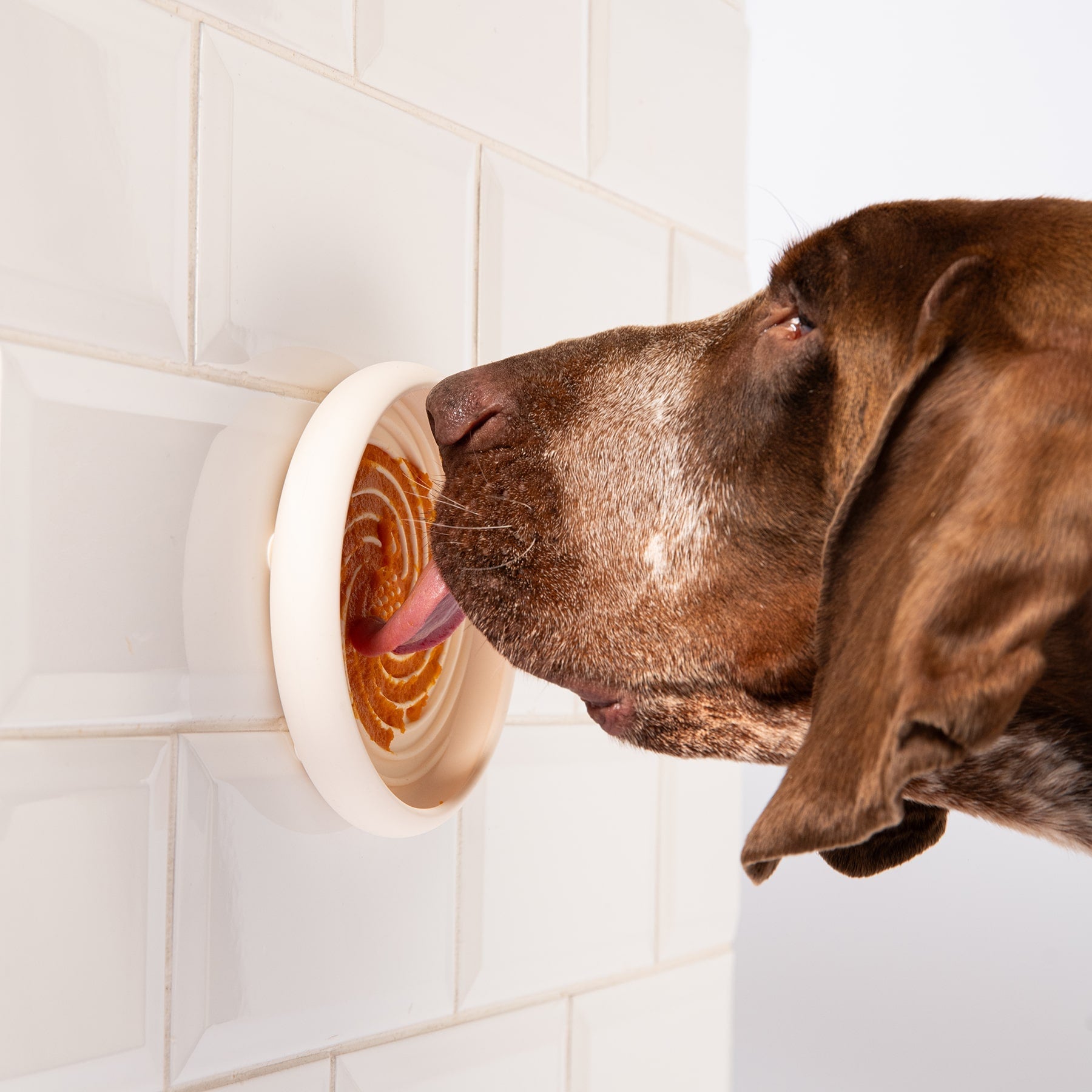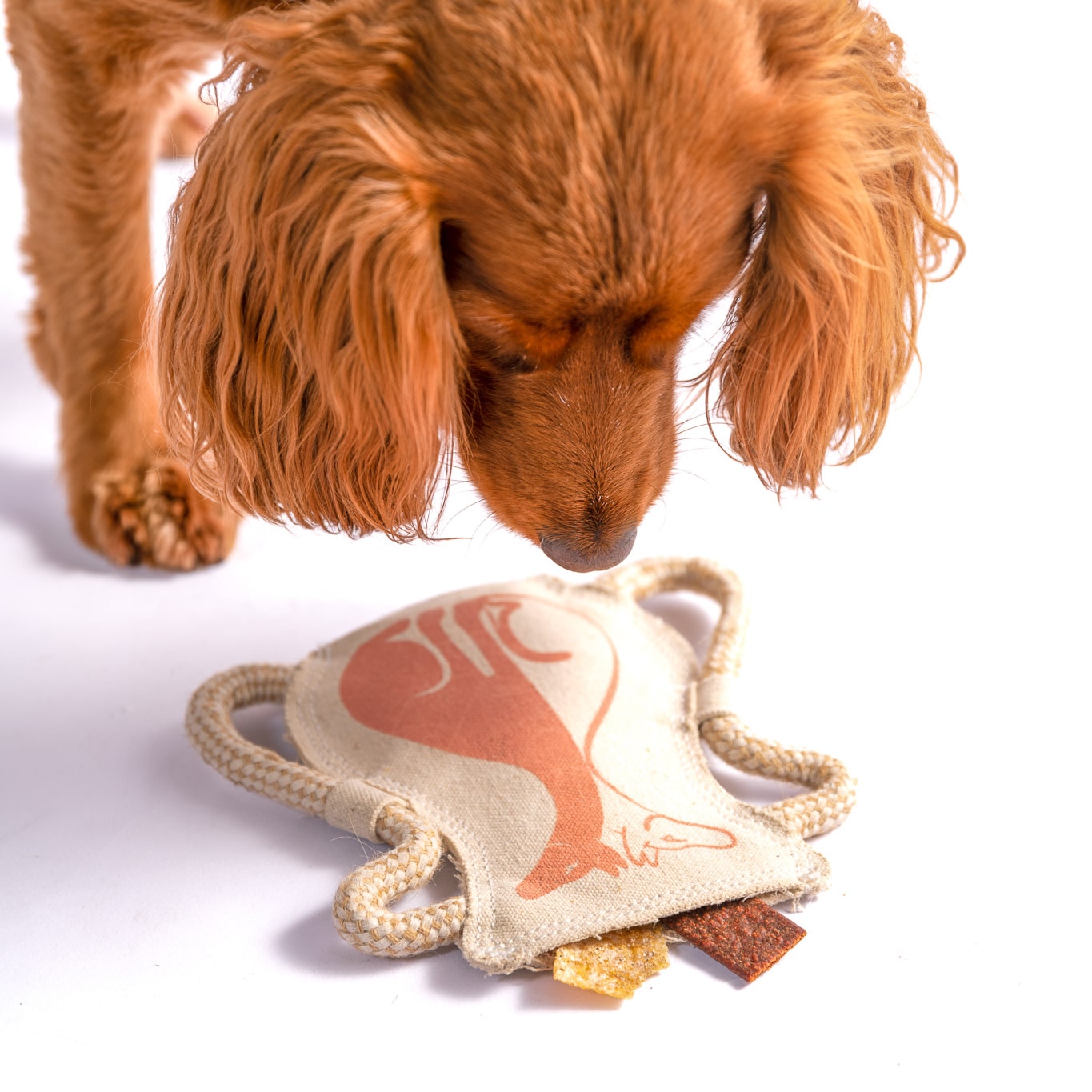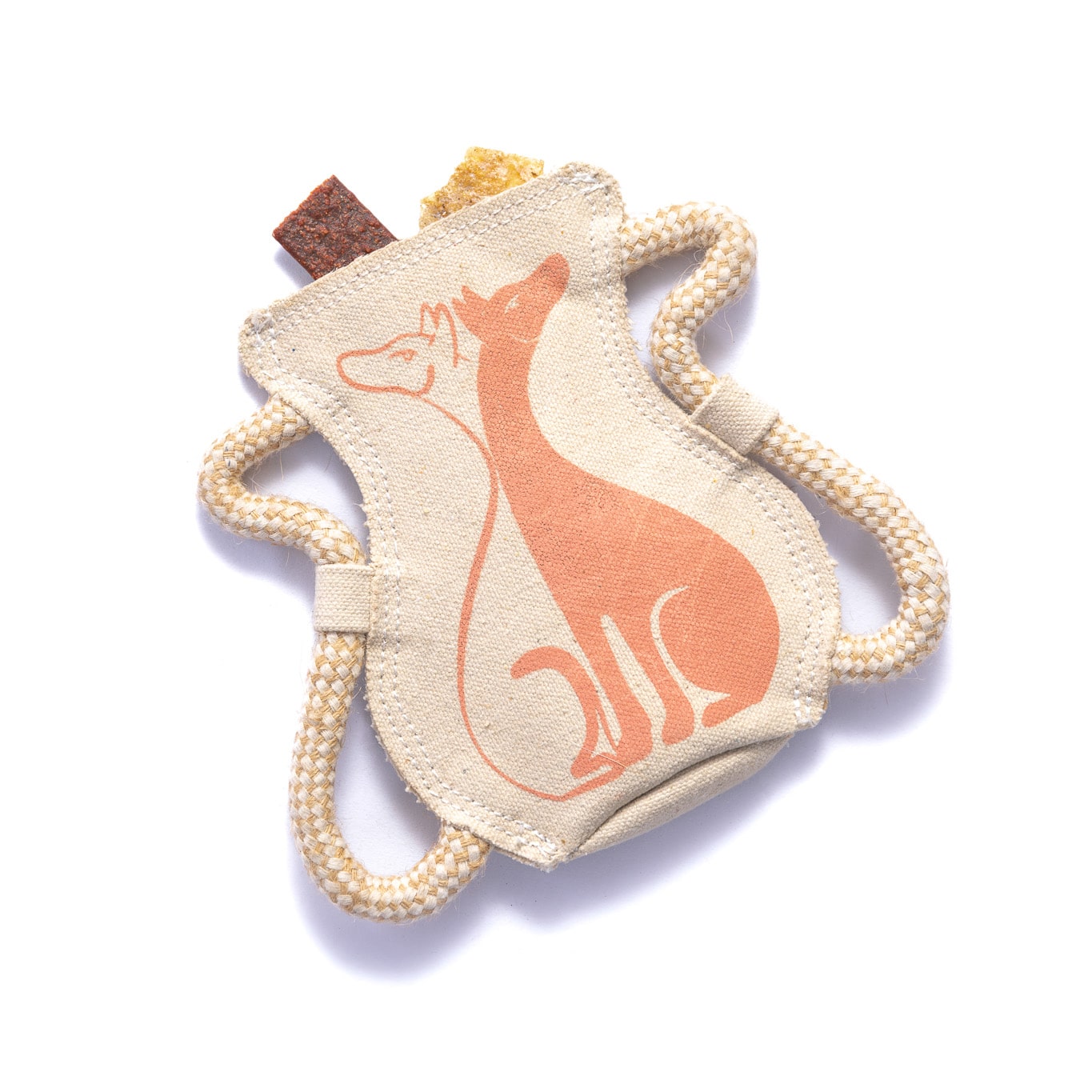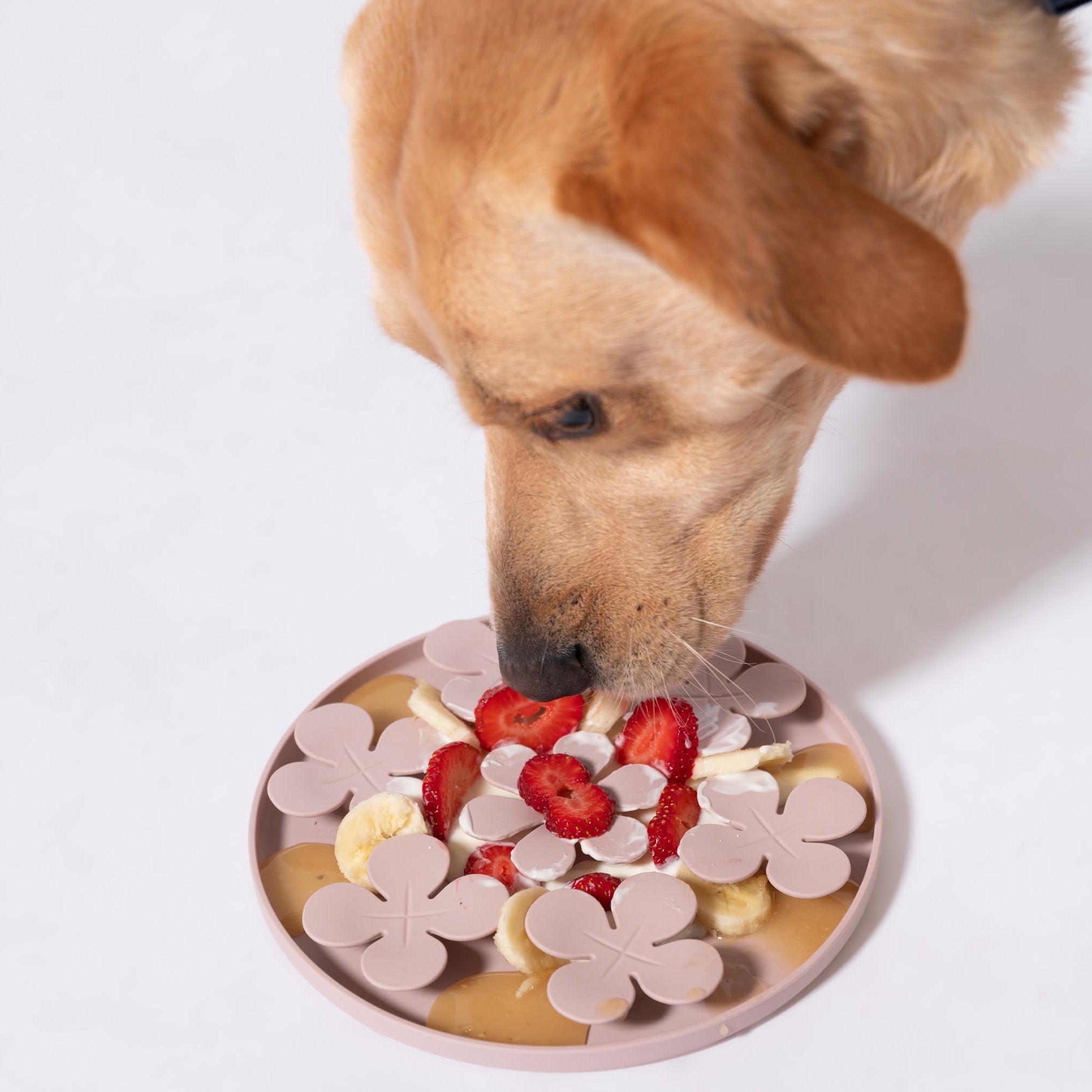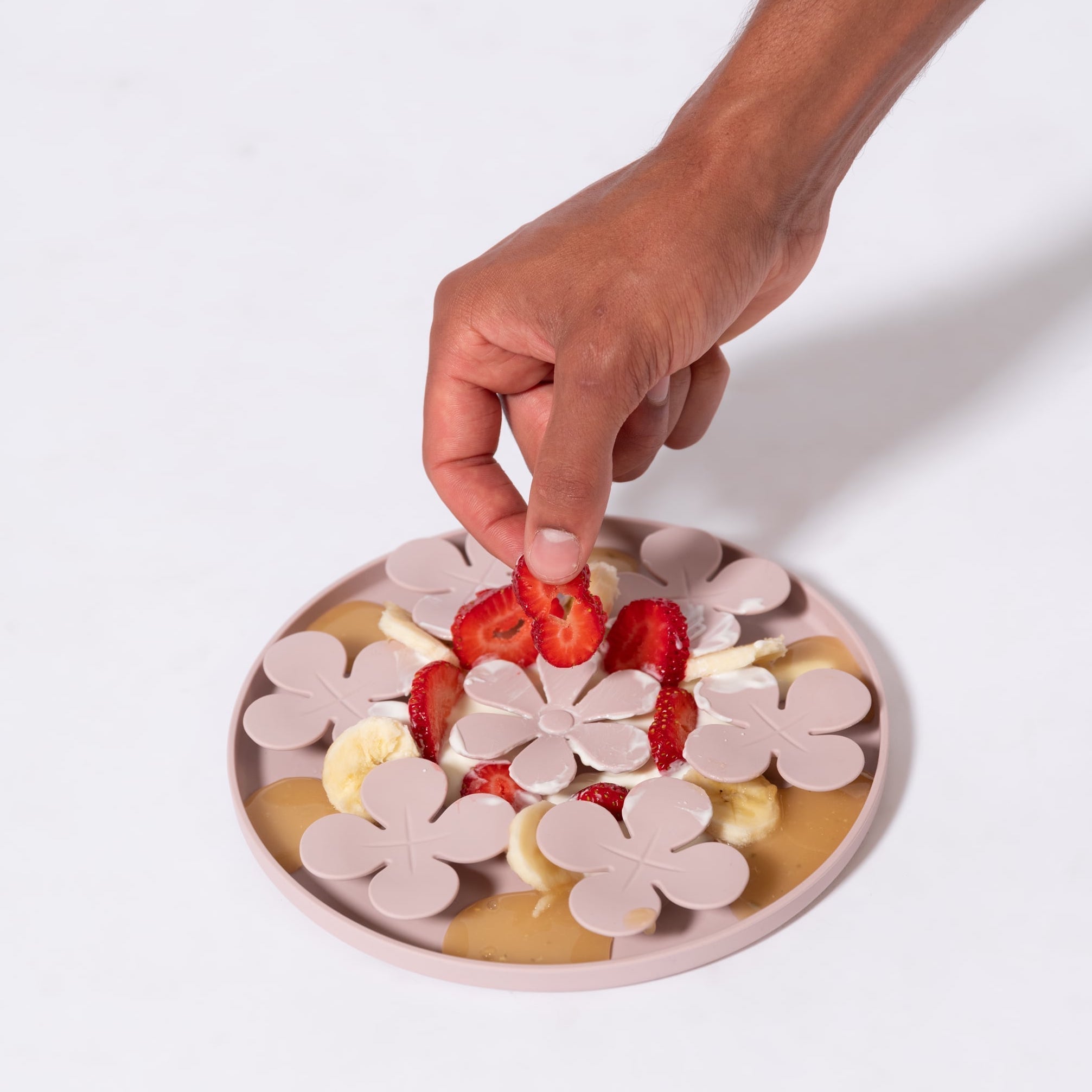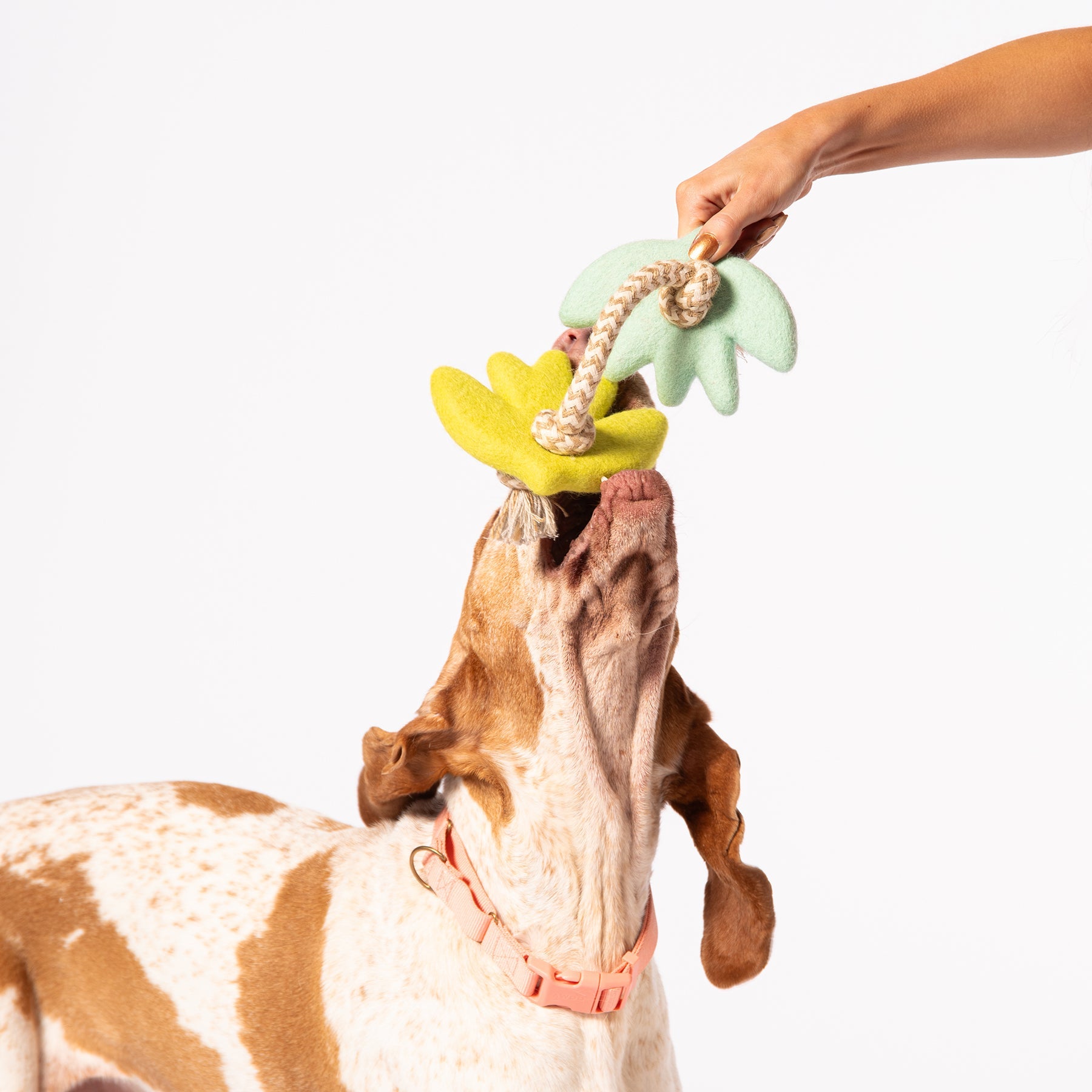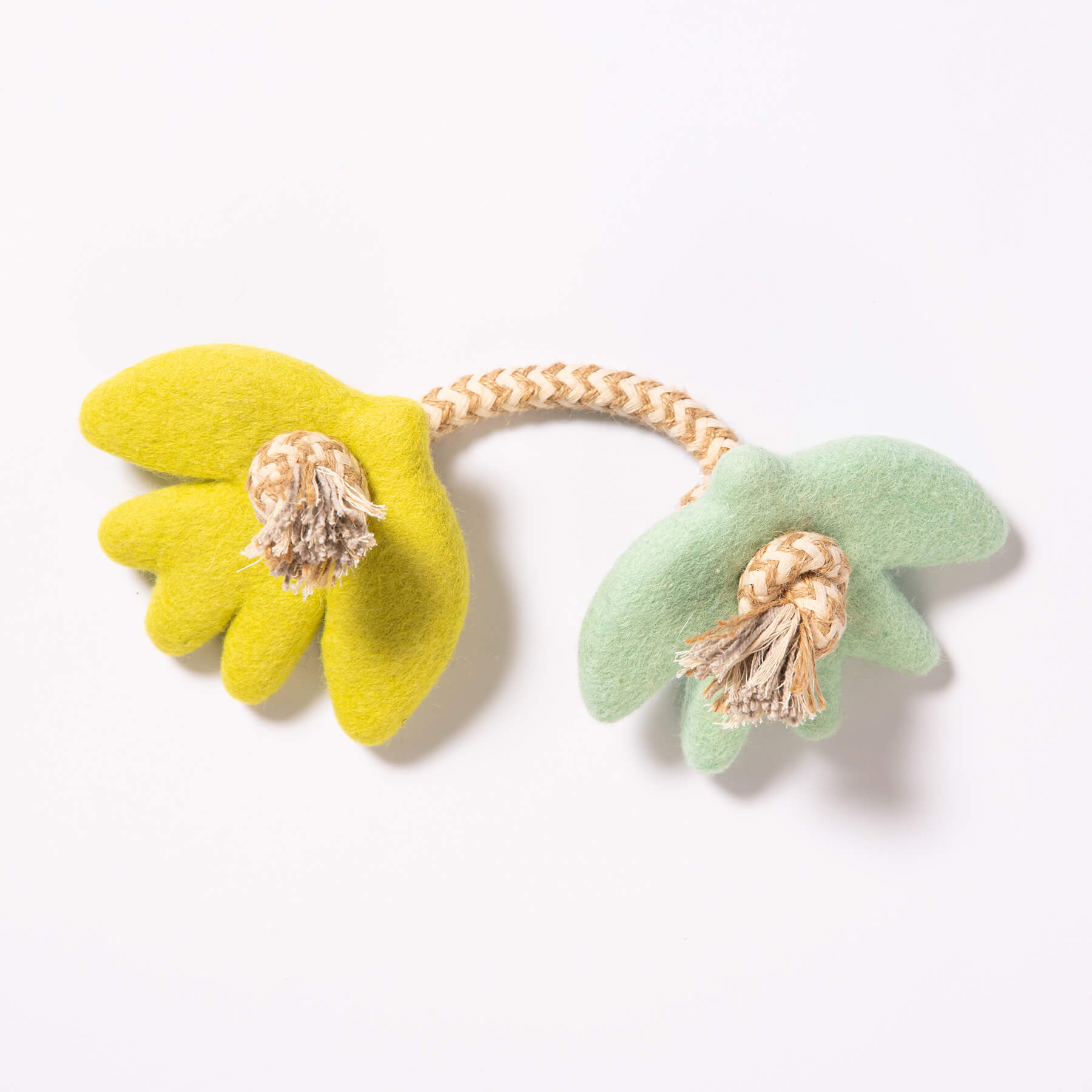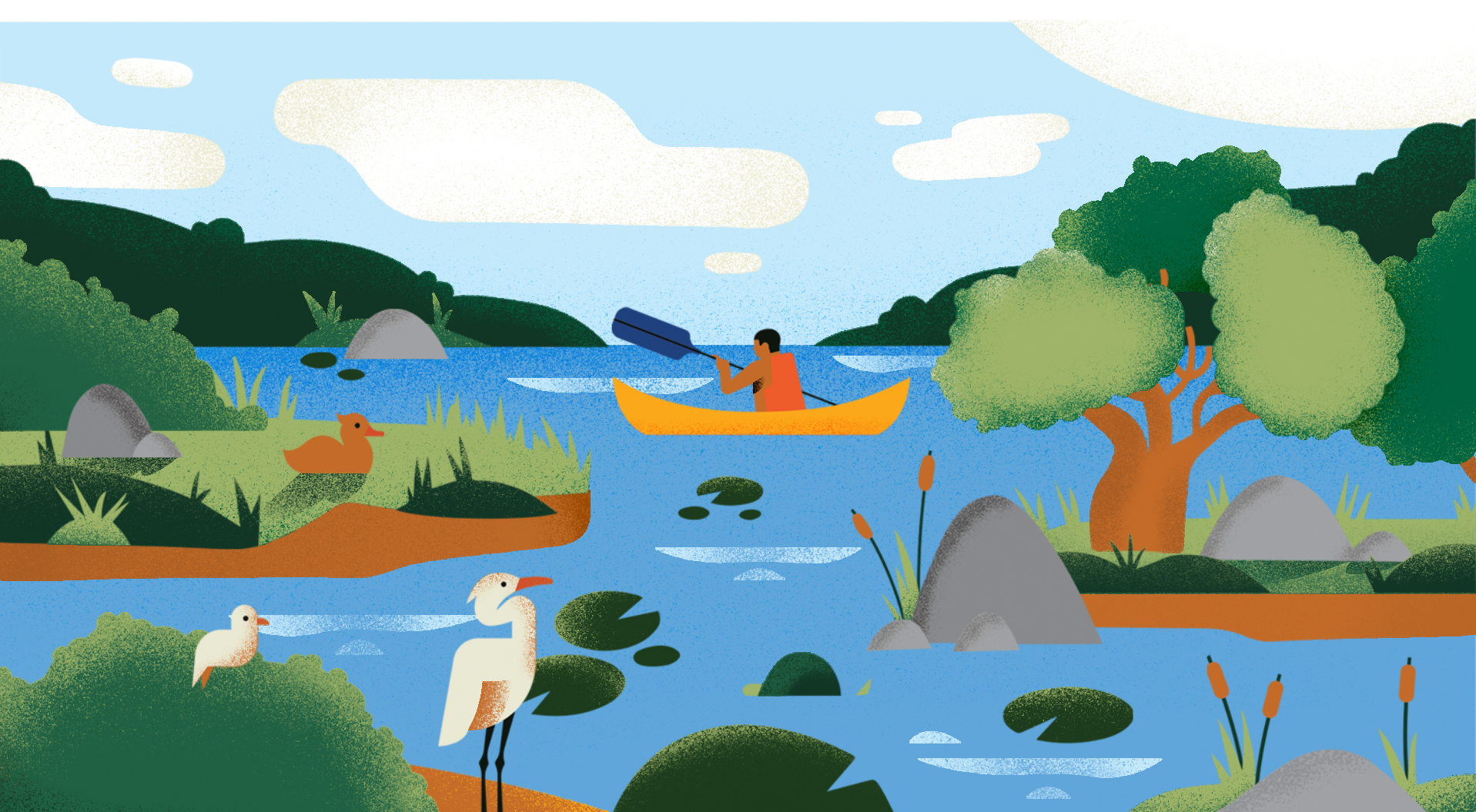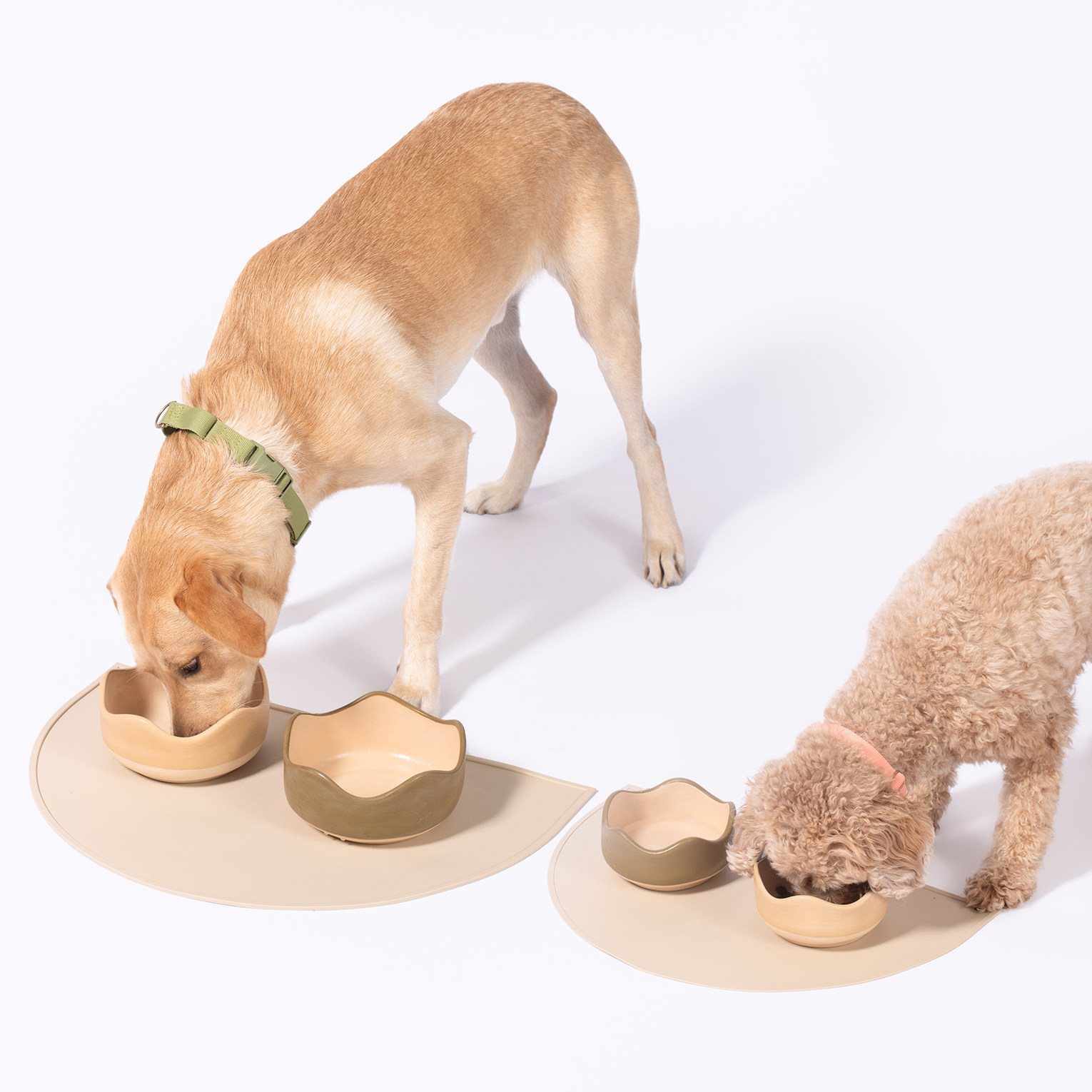

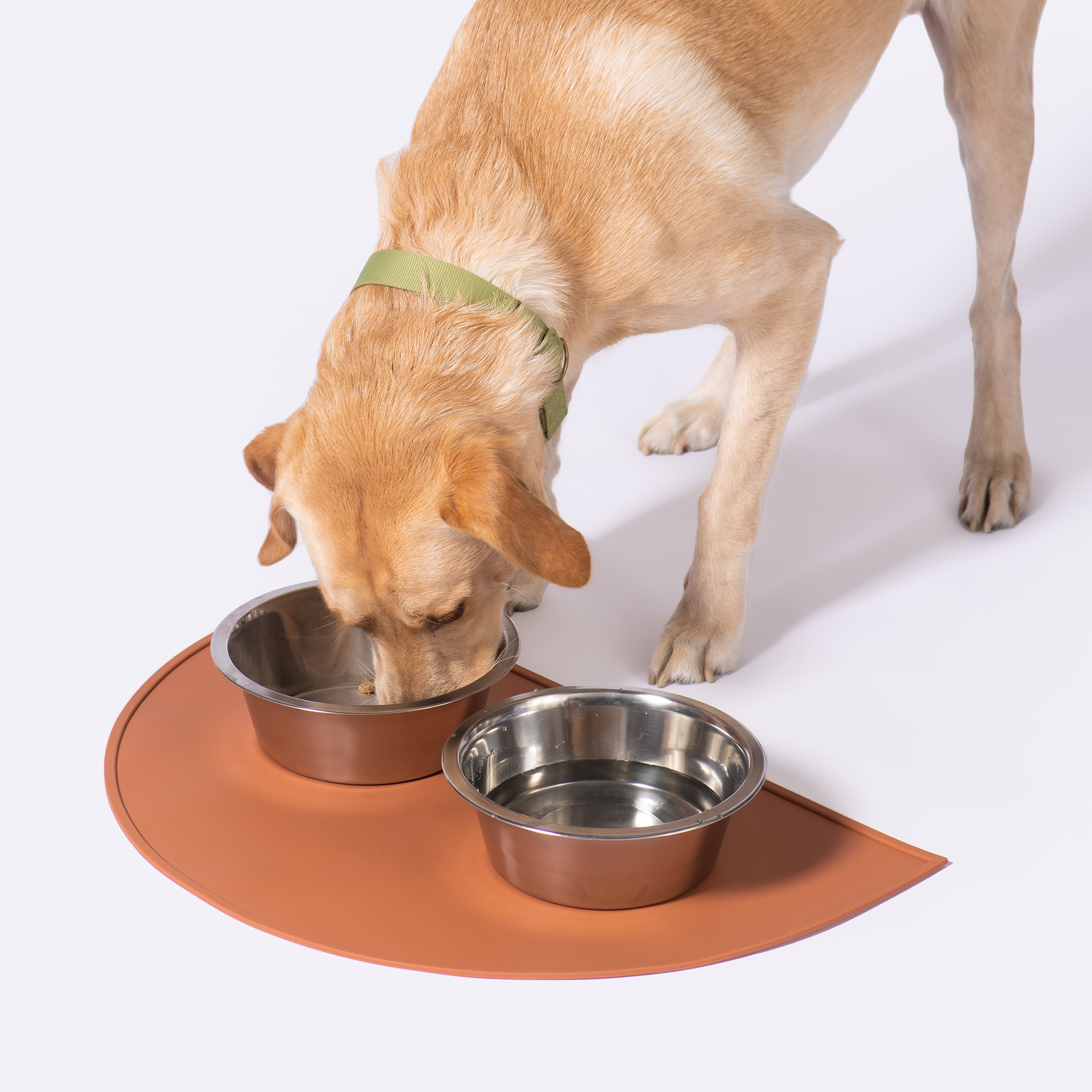
Notify me when back in stock
Enter your email to be notified when the product is back in stock.
Please enter a valid email address
Thank you. You will be notified when this product is back in stock.
Get 36 points when you purchase this product!
Keep your pup's feeding area clean and organized with the Silicone Splash Feeding Mat from Awoo Pets! This half-moon shaped mat is designed to be non-slip and effortless to maintain. In addition, it ensures bowls stay in place and minimizes messes and spills on your floors.
Packaging
- Ships plastic-free in recyclable Kraft paper mailer
Origin
- Awoo Pets manufactures in China and Taiwan with factories who prioritize worker safety, fair wages and product quality!
Materials
- BPA- and PVC-free silicone
Product Features
- Sleek, half-moon shaped pet feeding mat
- Easy-to-clean, non-slip silicone
- Keeps bowls from sliding
Shipping Info
- This product ships directly from Awoo Pets and is available to US customers only.
Returns
- Unused, undamaged products in their original product packaging may be returned within 30 days
Measurements
- 19" x 12"
Product Care
- Wipe clean
- Dishwasher safe
End of Life
- Recyclable at facilities that take silicone
- Awoo has consciously kept the chemical makeup of each material pure so it can be easily recycled

Awoo Pets
Overly obsessed with your pup AND passionate about sustainability? Awoo Pets is, too! Equally as in love with your dog as you are (it's true), Awoo is elevating our understanding of what eco-friendly means in the pet-world. Merging style with sustainability, their everyday essentials include an impressive line of harnesses, leashes, collars, and accessories -- each offered in an array of sophisticated and playful colorways and made from low-impact, recycled materials. With a huge commitment to ethical manufacturing, Awoo Pets is creating high-quality, responsibly-made products that you'll be proud to put on your furry friend!
See Awoo Pets
